It beggars belief that Mickaël Harpon was employed as a computer expert in the intelligence department at police HQ in Paris. It is also barely credible that when Christophe Castaner, France’s minister of the interior, addressed reporters hours after Harpon had murdered four of his colleagues on Thursday he didn’t know of his background. Castaner said that the perpetrator ‘has never given the slightest cause for concern’, yet on Saturday afternoon France’s anti-terror prosecutor described Harpon’s ‘radical vision of Islam’.
The 45-year-old had made no secret of where his allegiance lay. A convert to Islam more than a decade ago, Harpon first came to the attention of the authorities in 2015 when he defended the slaughter of the Charlie Hebdo cartoonists, and by extension, the murder of one of his colleagues, a Muslim officer, gunned down as he gallantly advanced towards the killers.
He was a terrorist apologist on other occasions and he was known to mix in Salafist circles. In recent months, his hardline Islamic beliefs were evident in how he dressed, what he ate and how he behaved towards his female colleagues. Yet still he was allowed to come to work each day.
This is a grave crisis for Emmanuel Macron. Prime minister Edouard Philippe expressed his confidence in the minister of the interior on Sunday but Castaner is fighting for his political life. As the centre-right Républicains MP Eric Ciotti put it, Castaner is “the Minister for Fake News”, who belongs to a government that at best is guilty of incompetence or at worst mendacity in its reaction to the attack.
There is a now a frantic internal investigation to discover if Harpon passed on sensitive information – such as the names and addresses of informers – to Islamic terrorists. The right-wing National Rassemblement have launched an online petition demanding the resignation of Castaner
There seem to be two sides to Castaner. The steely minister who was ruthless in crushing the resistance of the Yellow Vest protestors, permitting this police to use weapons that maimed dozens of people, many of whom were demonstrating peacefully.
And then there is the conciliatory Castaner, who goes easy on Islamic extremism. In that, he’s not alone in the government. Twenty-four hours after the atrocity government spokeswoman Sibeth N’Diaye was on the airwaves insisting: “We do not have any indication that the perpetrator was radicalised.”
The Républicains have announced that they will seek a commission of inquiry to examine why Harpon was still employed by the police given his background. Of paramount importance is discovering if Harpon was allowed to use the shield of Islamophobia to deflect criticism of his behaviour; if political correctness is found to have been an accessory to murder the political fall-out will be significant.
For Macron, the stakes could not be higher two and a half years before the presidential election. His main challenge in 2022 will come from Marine Le Pen and her two campaign issues will be immigration and Islamic extremism. In 2017 her manifesto was more concerned with the economy and leaving the EU but she has subsequently gone back to her party’s basics.
This presents a problem for Macron. The economy is his strong suit, certainly compared to Le Pen, but he’s a ditherer when it comes to Islam and immigration, saying much but doing little. If he comes across as weak it could fatally undermine his chances of re-election.
There’s been a lull in terror attacks in the last two years (Thursday’s deaths were the first this year in France) prompting some of the more ingenuous media commentators to declare in recent months that France has seen off the scourge of Islamic extremism.
But this war – as former president François Hollande described it in a rare moment of intellectual honesty – is far from finished. The relative calm since Macron’s accession to power in May 2017 is unlikely to endure as the 2022 presidential election gets ever closer; the Islamists’ objective is to influence the outcome, causing so much carnage that the electorate puts Le Pen in the Élysée, precipitating what they hope will be a civil war.
The timing of Thursday’s attack was surely no coincidence. The previous day, thousands of police gathered in Paris for an ‘anger march’, a justifiable protest against their intolerable working conditions that have led this year to a record number of suicides within the service. For years they have been on the frontline of the conflict with Islamists, Black Bloc and the Yellow Vests – and they are fed up. Thursday’s attack will only further erode their morale.
Psychologically, the most damaging aspect of the atrocity is that it raises the spectre of other ‘Harpons’ in the police. Éric Diard, a Républicains MP, co-authored a report earlier this year on the radicalisation of the police, and he warned at the weekend that thirty people within the service have been flagged as possible extremists. The report was triggered in part by the publication last year of a book, written by two journalists from Le Monde, which claimed that in certain Parisian suburbs there are a growing number of police personnel who struggle to square their religious beliefs with their duty to the Republic.
The fact that in the 2017 presidential election more police voted for Marine Le Pen than anyone else because they perceived her as the candidate of law and order reinforces the impression of a force that is angry and fractious.
That’s why firm governance is required to see France through this latest crisis, not falsehoods and faint-heartedness.
Got something to add? Join the discussion and comment below.
Get 10 issues for just $10
Subscribe to The Spectator Australia today for the next 10 magazine issues, plus full online access, for just $10.


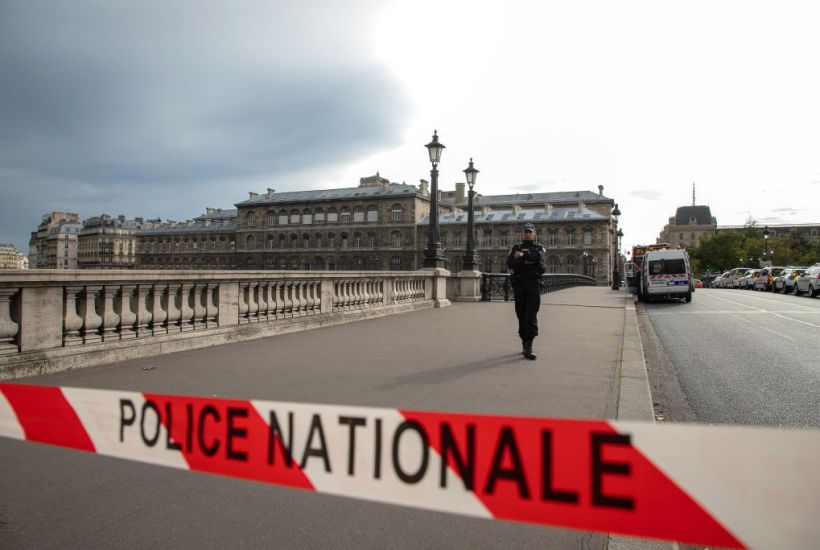
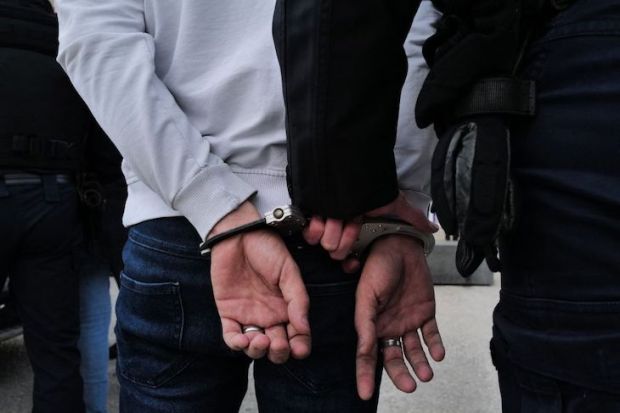
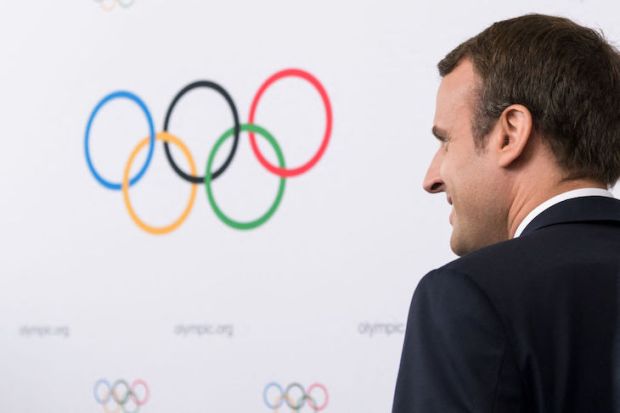
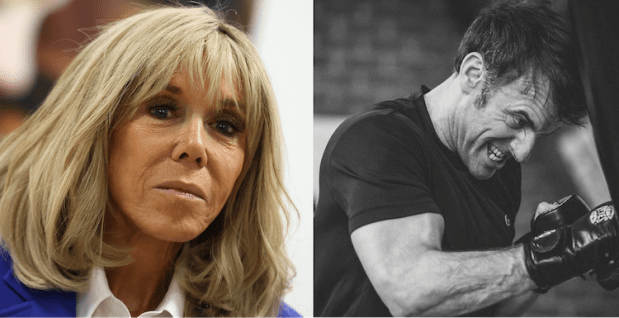

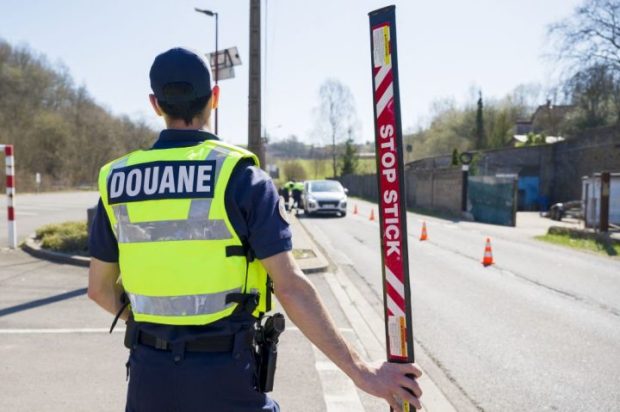
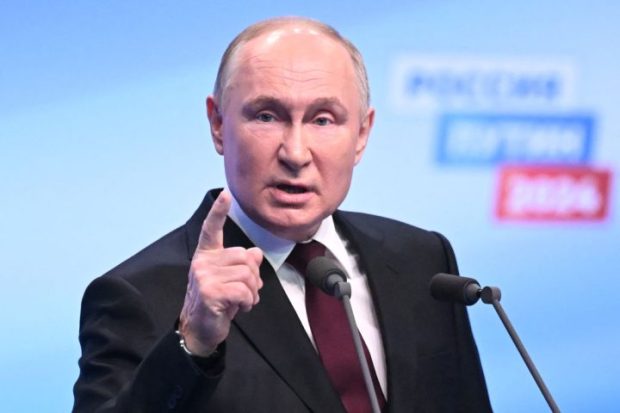












Comments
Don't miss out
Join the conversation with other Spectator Australia readers. Subscribe to leave a comment.
SUBSCRIBEAlready a subscriber? Log in